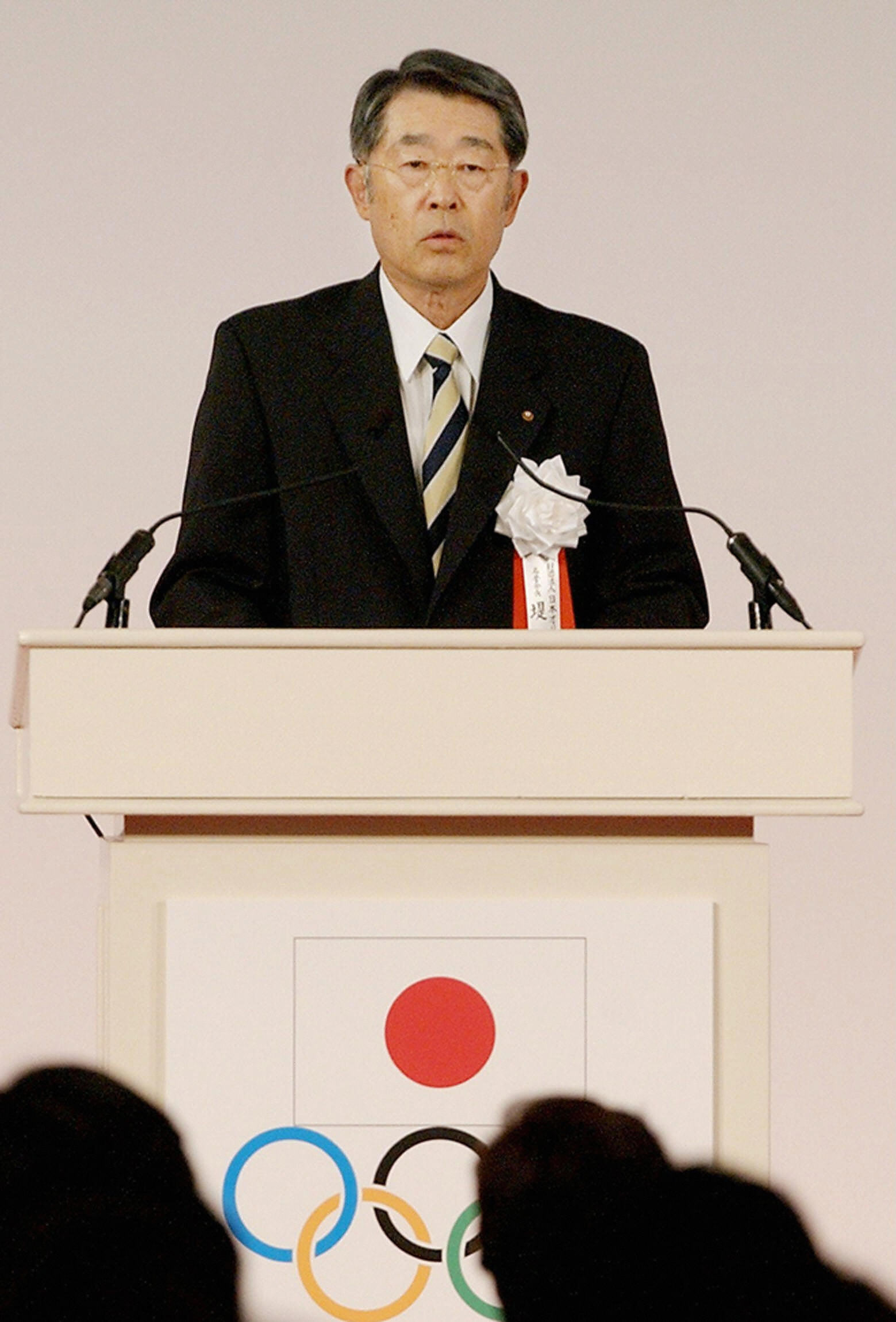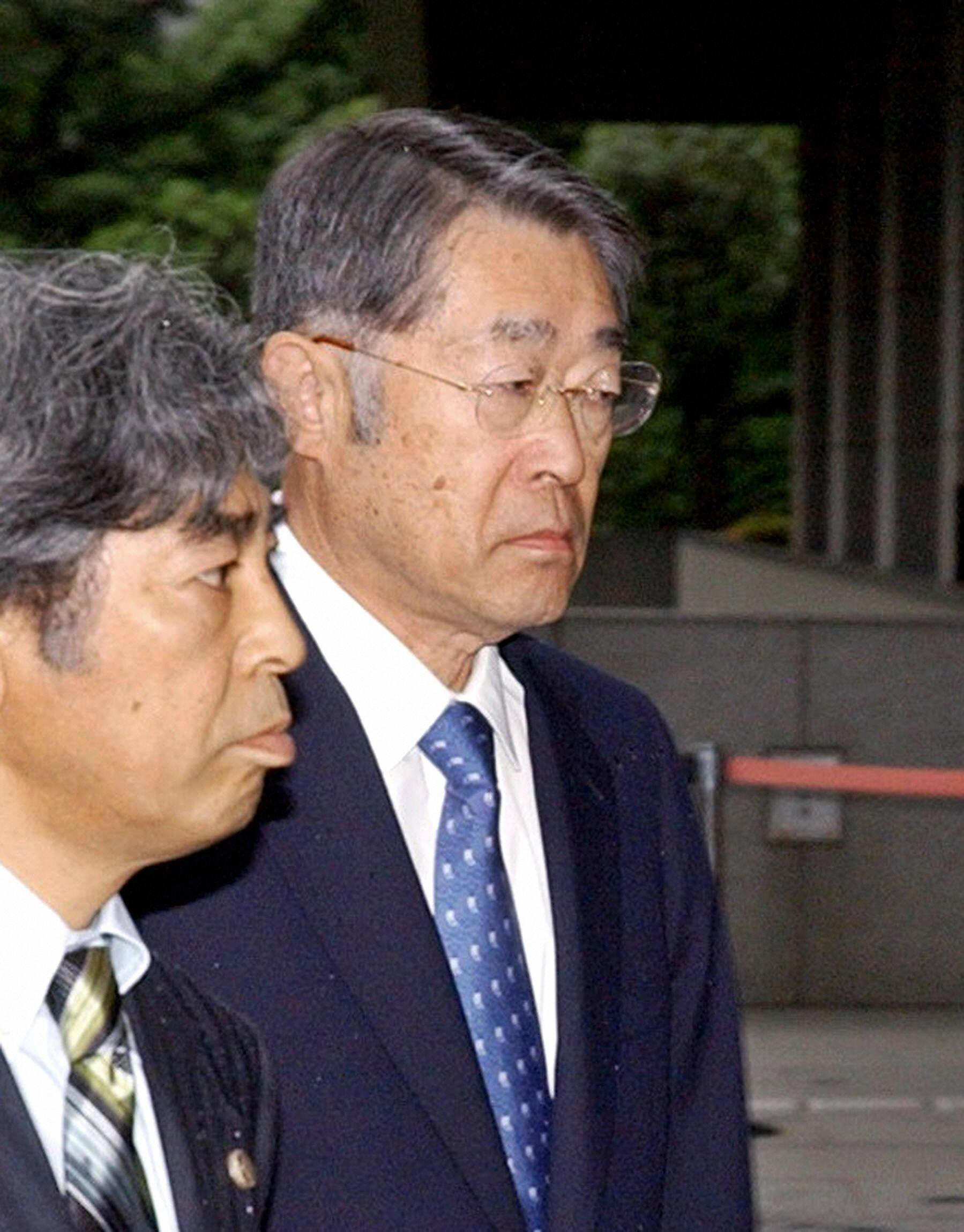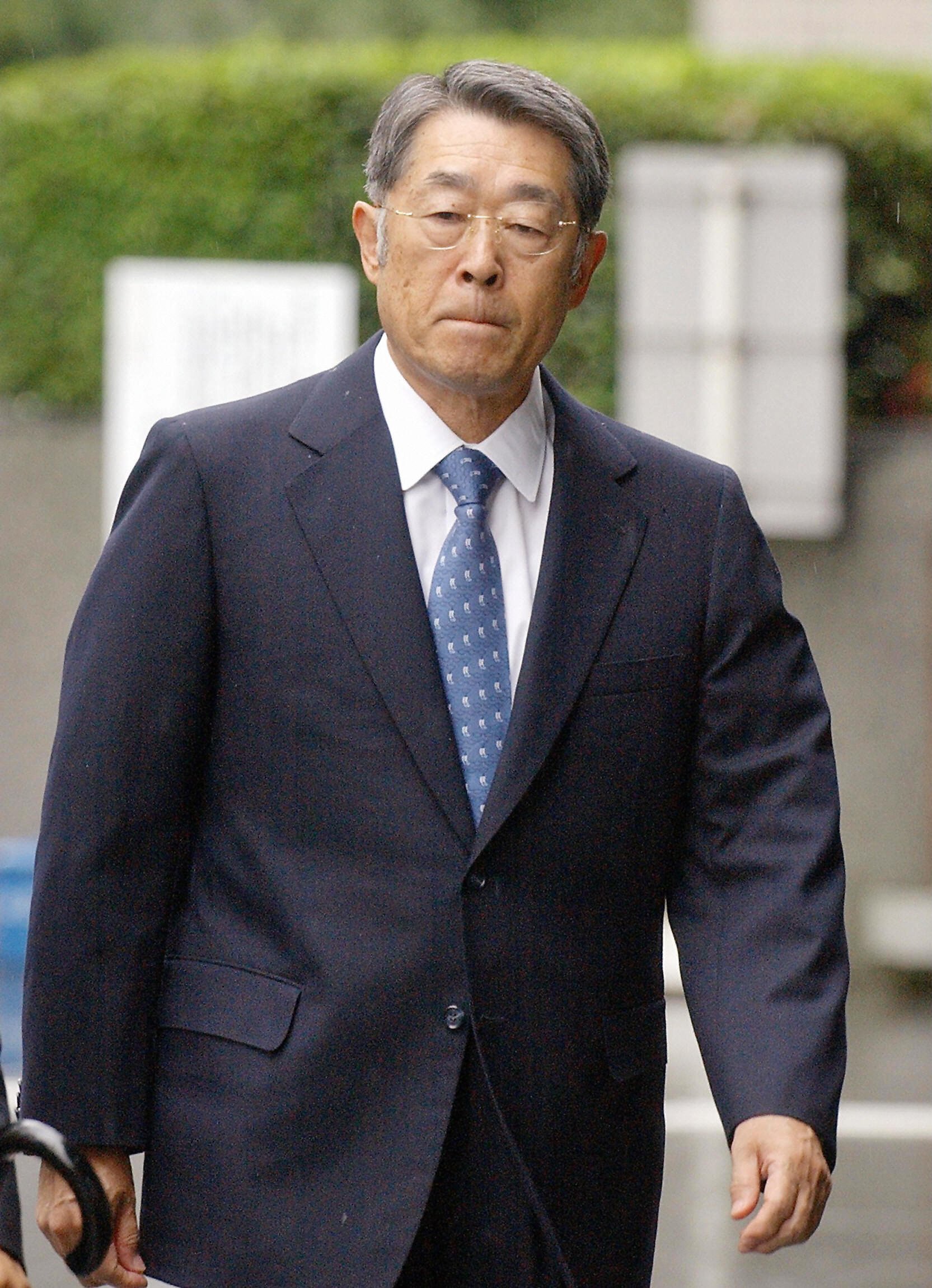Yoshiaki Tsutsumi: The Story Of Japan's Once Richest Man
There was a time, not so long ago, when a name in Japan spoke volumes about immense power and truly vast wealth: Yoshiaki Tsutsumi. He was, for a period in the late 1980s, arguably the wealthiest person on Earth, a figure who seemed to sit on top of the world. His story, in a way, feels almost like something from a classic tale, a dramatic rise to a position of extraordinary influence.
This Japanese businessman, you know, built an empire that stretched across various sectors, particularly in real estate and transportation. He inherited a good deal from his father, of course, but then he truly expanded those vast land holdings, turning them into something quite remarkable. His name became, as a matter of fact, one of the most recognized across Japan during those booming economic times.
Yet, like many stories of such grand scale, there was a dramatic shift, a turn in events that would reshape his legacy. From being known as the world's richest man, his path took a different direction, one marked by significant challenges and, eventually, legal trouble. It's a journey that, in some respects, offers quite a few insights into the ups and downs of immense fortune.
Table of Contents
- Biography: The Early Years and Ascent
- Personal Details
- The Seibu Empire and Unimaginable Wealth
- The Bubble Bursts: A Dramatic Reversal
- Lessons from a Tycoon's Journey
- Frequently Asked Questions About Yoshiaki Tsutsumi
Biography: The Early Years and Ascent
Yoshiaki Tsutsumi, born on May 29, 1934, was the son of Yasujiro Tsutsumi, a prominent businessman and politician. It's interesting how, after his father passed away, Yoshiaki took control of the family's considerable fortune. He didn't just maintain it, though; he really set about expanding it in a big way. He became the president of Seibu Railway Co., and he was also the principal shareholder in Kokudo Keikaku, which was, you know, a key part of his real estate ventures.
His approach was, in a way, rather visionary. He saw opportunities in developing land, turning what might have been empty spaces into thriving resorts and bustling commercial areas. This focus on real estate, coupled with his control over a major railway, allowed him to create a truly integrated business. He was, apparently, a charismatic business leader, someone who could bring big ideas to life. This period, roughly from the 1980s into the early 1990s, was when his name became synonymous with success and vast holdings in Japan. He was, in fact, recognized globally for his incredible wealth.
Personal Details
| Full Name | Yoshiaki Tsutsumi |
| Date of Birth | May 29, 1934 |
| Nationality | Japanese |
| Known For | Former Chairman of Seibu Railway, Real Estate Magnate, Once World's Richest Person |
| Key Companies | Seibu Railway Co., Kokudo Keikaku |
The Seibu Empire and Unimaginable Wealth
During Japan's economic bubble in the late 1980s, Yoshiaki Tsutsumi’s real estate investments really flourished. He had, as a matter of fact, built up an extensive portfolio through his company, Seibu, which included a wide range of properties. Think about it: a hotel chain, various resorts, and so much more. This extensive network of holdings was, quite frankly, what propelled him to the very top of the global wealth lists.
Building a Dynasty
He didn't just own land; he developed it, creating destinations that drew people in. The Seibu Group, under his direction, became a sprawling conglomerate with interests in everything from leisure and tourism to transportation. It was a rather integrated system, where the railway lines, for instance, would lead directly to his resorts or shopping centers. This kind of synergy was, in a way, a hallmark of his business approach. He truly understood how to make his various ventures work together, which allowed him to grow his fortune at an astonishing rate.
The Peak of Power
Forbes magazine, you know, famously listed Tsutsumi as the world's richest man in 1987. This was a significant moment, showing just how much wealth he had amassed. He was, literally, sitting on an unimaginable fortune, primarily thanks to his vast real estate holdings and the success of his Seibu businesses. His name became, in fact, a symbol of Japan's economic strength during that period, a time when the country was seeing incredible growth and prosperity. He controlled, apparently, a very large part of the railway system and many other significant assets across Japan. This really put him in a position of immense influence, both financially and politically, one might say.
The Bubble Bursts: A Dramatic Reversal
However, no boom lasts forever, and the Japanese economic bubble, which had fueled so much of Tsutsumi's wealth, eventually burst. This real estate crash, which began in the early 1990s, had a profound effect on his empire. The value of his extensive land holdings, which had been the foundation of his fortune, began to decline sharply. It was, you know, a very challenging time for many businesses in Japan, and Tsutsumi's vast holdings meant he had a lot to lose.
Economic Downturn and Challenges
The economic downturn meant that the properties he owned were suddenly worth much less. This put significant pressure on his companies, including Seibu Railway. The period of seemingly endless growth was over, and the focus shifted to managing the fallout from the economic correction. It was a stark contrast to the previous decade, where everything had seemed to go his way. This kind of sudden change can be, obviously, very difficult for even the most powerful business leaders to navigate.
The Insider Trading Scandal
The challenges for Yoshiaki Tsutsumi didn't stop with the economic downturn. In 2005, he faced a serious legal issue. He was, as a matter of fact, arrested on suspicion of insider trading. This was a huge story in Japan, given his prominence and his past status as the world's richest man. The allegations were about falsifying financial statements and trading company shares based on privileged information. This event, truly, marked a significant low point in his public career and, in a way, really changed how people viewed him. It showed that even those at the very top are subject to the law, and that's an important lesson, I think.
Lessons from a Tycoon's Journey
The story of Yoshiaki Tsutsumi is, in some respects, a powerful reminder of how quickly fortunes can change, especially when they are tied to volatile markets like real estate. His rise showed the incredible potential of strategic investment and development during a period of economic expansion. He was, apparently, very good at seeing opportunities and bringing them to fruition. His empire was built on a vision of integrated services, connecting transportation with leisure and housing, which was, you know, quite innovative for its time.
However, his eventual fall also highlights the risks involved when wealth is concentrated in a single sector, and how economic bubbles can burst with devastating effects. It also brings to light, in a way, the importance of corporate governance and ethical conduct. The insider trading scandal, for instance, really underscored that point. His journey, from being the world's richest person to facing legal troubles, is a complex one, offering a lot to think about regarding ambition, power, and accountability. It's a story that, honestly, resonates even today, showing that even the most powerful figures can experience dramatic reversals of fortune.
Frequently Asked Questions About Yoshiaki Tsutsumi
Who was Yoshiaki Tsutsumi?
Yoshiaki Tsutsumi is a Japanese businessman who, during the economic boom of the late 1980s, was known as the wealthiest person in the world. He was the former chairman of Seibu Railway and had significant control over extensive real estate holdings and resorts in Japan. He was, in a way, a truly dominant figure in the Japanese business world for many years.
How did Yoshiaki Tsutsumi become rich?
He inherited a large fortune from his father, which included vast land holdings. Tsutsumi then focused on developing and expanding these holdings, particularly through real estate investments and the Seibu Group, which included a hotel chain, resorts, and railway operations. His wealth grew immensely during the Japanese economic bubble, as the value of his properties soared. He was, you know, very good at seeing the potential in land and turning it into something profitable.
What happened to Yoshiaki Tsutsumi?
After the Japanese real estate bubble burst in the early 1990s, the value of his assets declined significantly. Later, in 2005, he was arrested on suspicion of insider trading and falsifying financial statements related to his companies. This led to a dramatic fall from his position of power and wealth, marking a very public end to his long reign at the top. It was, apparently, a big shock to many people at the time.
To learn more about influential business figures, please explore other articles on our site. You can also find more details on the history of economic bubbles and their impact.
For further reading on global wealth history, you might find information on reputable financial news archives quite interesting, such as those maintained by Forbes, which, you know, often tracks the world's richest people.

Yoshiaki Tsutsumi Net Worth - Wiki, Age, Weight and Height

Yoshiaki Tsutsumi Net Worth - Wiki, Age, Weight and Height

Yoshiaki Tsutsumi Net Worth | Celebrity Net Worth